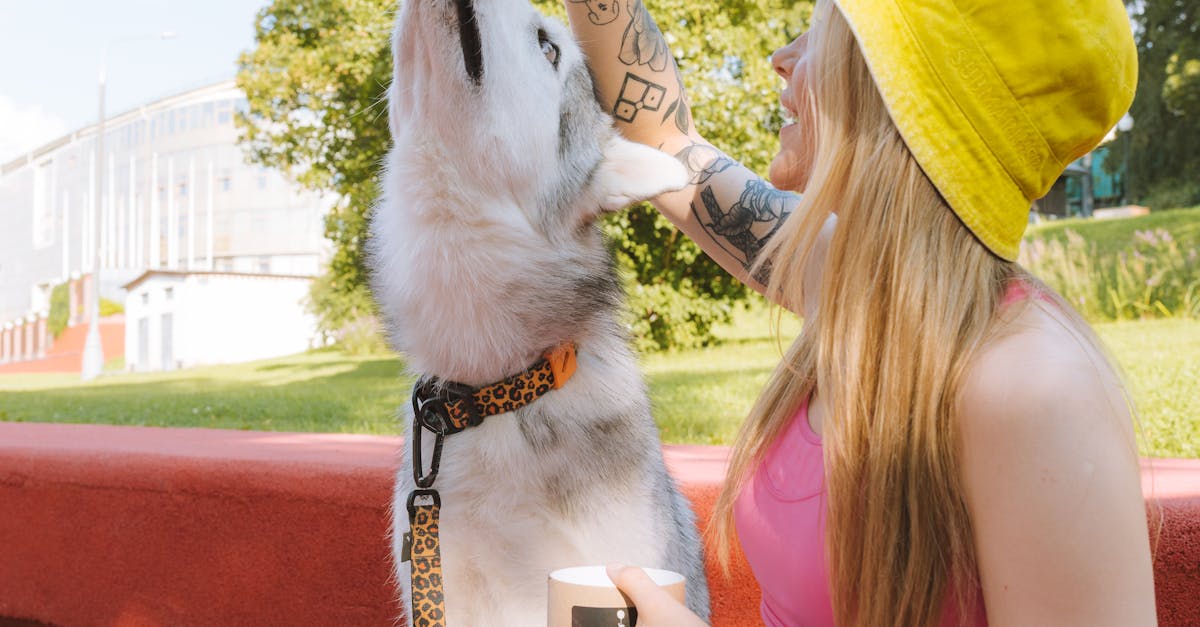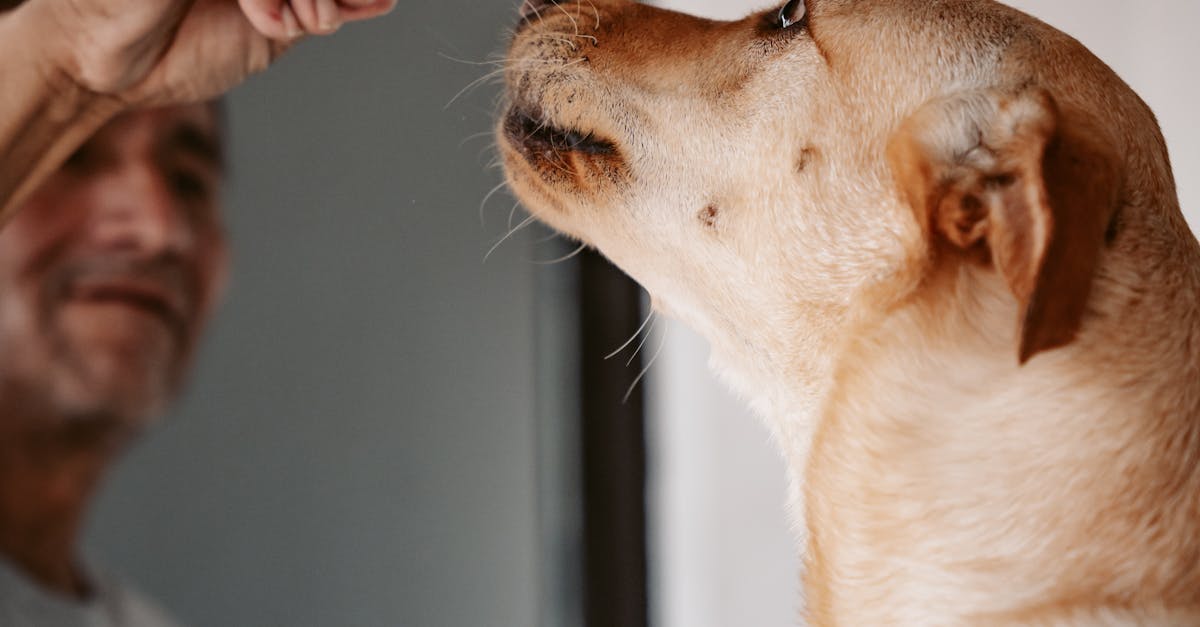
How To Train An Older Dog
- October 03, 2024
- 4 min Read
- Views 311
How to Train an Older Dog
Training an older dog can often be perceived as a daunting task, but with patience, consistency, and the right techniques, it is entirely possible to teach your senior canine new tricks. Understanding the unique needs of an older dog is essential to making the learning process enjoyable and effective for both you and your pet.
Understanding the Unique Needs of Older Dogs
Older dogs have different physical and mental needs compared to younger dogs. Their energy levels might be lower, and they may experience age-related health issues like arthritis or hearing loss. It is crucial to tailor your training approach to accommodate these needs. Patience is key, as older dogs might take longer to learn new behaviors due to their established habits and potential sensory decline.
Steps to Train an Older Dog
While older dogs might not pick up skills as quickly as puppies, they are certainly capable of learning. The following guide will help you navigate the process of teaching new behaviors, reinforcing positive habits, and understanding any limitations your mature companion might have.
Step 1: Establishing a Training Routine
Consistency is vital when training any dog, but it is particularly crucial with older dogs. Establish a regular training schedule that coincides with your dog’s natural routines, like feeding and walking times. Short, frequent training sessions are typically more effective than long, infrequent ones.
Step 2: Use Positive Reinforcement Techniques
Positive reinforcement is the most effective way to train an older dog. Use treats, praise, and affection to reward your dog when they exhibit the desired behavior. This not only helps in reinforcing good behavior but also strengthens the bond between you and your dog.
Step 3: Understanding and Accommodating Physical Limitations
Be mindful of the physical limitations that come with age when training your dog. Avoid exercises that could exacerbate any existing health issues. Gentle exercises and mental stimulation can be more beneficial and safer for older dogs.
Common Training Challenges with Older Dogs
Older dogs might have specific challenges that can make training more difficult, such as ingrained habits or potential hearing and vision impairments. Here are some strategies to overcome these challenges:
Challenge 1: Breaking Old Habits
Breaking old habits requires consistency and patience. Slowly replace undesired behaviors with positive ones and reward your dog immediately upon successful completion of the new desired behavior.
Challenge 2: Adjusting to Sensory Changes
If your older dog has diminished hearing or sight, consider using hand signals or tactile cues alongside verbal commands. Ensure that your training environment is safe and accommodating to these changes.
Challenge 3: Managing Health Issues
Consult with a veterinarian if your dog has health problems that could interfere with training. They can provide guidance on how to manage these issues while still continuing training without causing discomfort or harm to your pet.
Guide Steps
- Begin with basic commands that your older dog may already be familiar with, such as sit or stay, and gradually introduce new commands.
- Use clear and simple commands with consistent cues to avoid confusion.
- Incorporate fun into training by using games or toys, which can be especially useful for older dogs with reduced mobility.
- Maintain a calm and patient demeanor, offering plenty of praise and positive reinforcement.
- Monitor your dog's progress and modify your approach if needed, being attentive to their comfort and enjoyment.
Frequently Asked Questions
Can you teach an old dog new tricks?
Yes, older dogs can certainly learn new tricks. With patience, positive reinforcement, and adapted methods, most older dogs can be successfully trained to learn new commands and behaviors.
How long does it take to train an older dog?
The timeframe varies based on the dog's prior experiences, nature, and health. Consistent and regular training sessions over several weeks can lead to noticeable improvements in behavior and command comprehension.
What should I avoid when training an older dog?
Avoid using harsh methods or punishment, as they can be stressful and counterproductive. Instead, focus on positive reinforcement and understand your dog's limitations.
Tags
#OlderDogTraining #DogBehavior #DogTrainingTips #PositiveReinforcement #SeniorDogCare
References
People Also View
-
1October 01, 2024
-
2October 01, 2024
-
3October 03, 2024
-
4October 09, 2024
-
5October 13, 2024
Categories
- Near Me 2147 Posts
- How To 548 Posts
- Where To 257 Posts
- Why 90 Posts
- How Much 97 Posts
- Travel 202 Posts
- Food And Drink 815 Posts
- Shopping 797 Posts
- Lifestyle 1050 Posts
- Automotive 364 Posts
- Digital Income 70 Posts








